The Democratic National Convention (DNC) is taking place this week in Chicago. The purpose of the convention is to nominate a presidential candidate for the Democratic Party. Vice President, Kamala Harris (a Democrat), will be formally nominated to run against former President Donald Trump (a Republican). Governor, Tim Walz of Minnesota, will run as Harris’s Vice President, while Ohio Senator JD Vance will run as Trump’s Vice President.
Delegates, who are individuals who represent the public vote, nominate a presidential candidate for their respective party. According to CBS News, Harris has secured the nomination via a virtual roll call with 99% of the delegates’ votes on Aug. 5. To be the Democratic Party’s presidential nominee, she needed 2,350 votes. She received 4,567.
The first Democratic National Convention was held in 1832. Since then, the convention has been held in states such as Maryland, Ohio and South Carolina. 1996 was the last time the DNC was held in Chicago, and Former President Clinton won the nomination. Clinton then succeeded in winning the general election.
Before the 1996 convention, Chicago hosted the DNC in 1968. This convention was surrounded by the controversy of the Vietnam War. Protesters gathered on Michigan Avenue and were met by the National Guard and Chicago Police. The event, which escalated into a riot, is now referred to as the “Battle of Michigan Avenue.” It was later to be described as a “police riot” in an investigation chaired by former Illinois Governor Samuel H. Shapiro. This year, protesters have planned to gather in support of a ceasefire in Gaza among other issues. Both the Chicago Police and the United States Secret Service will be present at the convention.
Four Niles West News journalists are attending the Democratic National Convention on Wednesday, August 21, and Thursday, August 22 as part of the Illinois Youth Press Corps. To prepare, staff writer Morgan Warner-Mackey spoke with Niles West social studies teacher Mike Wasielewski to get some background on the convention. Wasielewski teaches AP United States Government and Politics.
NWN: What is the Democratic National Convention?
Wasielewski: It’s like a four-day pep rally for the new presidential candidate and almost always, but not until you get to the convention, you know who the presidential candidate is going to be. Of course, this year has been very strange where we [didn’t] know and now we do know [who the nominee would be]. For the Democrats, it’s going to be Kamala Harris. She will officially be announced as the Democratic Party’s nominee. She’ll give her big speech on Thursday night laying out her vision for the Democratic Party, and that will kind of kick off her fall campaign leading up to the election.
NWN: What has happened this summer leading up to the convention in terms of the election?
Wasielewski: Joe Biden’s downfall happened pretty quickly in the months of June and July. Basically what happened was coming into this summer, Joe Biden was the default nominee for the Democrats. There were big concerns of Joe Biden’s age and [him] showing signs of slowing down. Not that Trump wasn’t showing signs of slowing down, but it just seemed like Biden got more attention. People had that concern. Moving into June, Trump’s polls were looking much better than Joe Biden’s. By the end of June, there was some nervousness about his polls and he needed to have a great debate performance. He did not have a great debate performance. Afterward, that sent off a panic [with] Democrats. From there, things started to spiral. The pressure was on the Democrats that maybe they could convince [Biden] to step down. By mid-July the pressure was on Biden. Then of course, was the Trump assassination attempt. [Trump’s] popularity was at an all-time high. The following week Biden decided to step down and endorse Kamala Harris as the new nominee. Harris’s popularity has been exploding, and Trump’s has been waning as we record this mid-August. That was the sequence of events that brought us here.
NWN: What role do young people, specifically those under the age of 18, play in elections?
Wasielewski: The number one way for people to participate in politics is to stay informed. Staying informed and staying aware of issues and topics is an important piece of the puzzle. When you can participate [in an election], that knowledge and information that you have will be with you to inform your political ideology and will affect how you operate in the future.
NWN: In what ways do you recommend people to stay informed on politics?
Wasielewski: I think the worry for a lot of people is [being] trapped in just your political viewpoint. Stuck with your algorithm on your social media and only be fed your viewpoints that will reinforce your own views. Instead, trying to find more factual and diverse sources is the best way to stay informed. And read critically. When you read a news article don’t read it like this is the truth. Read it critically. Say, what am I missing here, what are they missing here? I think it’s important to read that way. All news has flaws and biases, so it’s important to be aware of that.


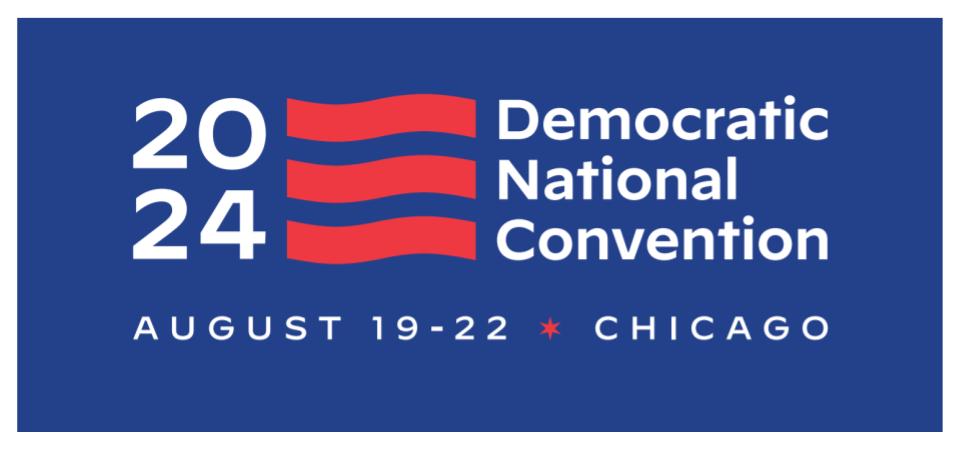
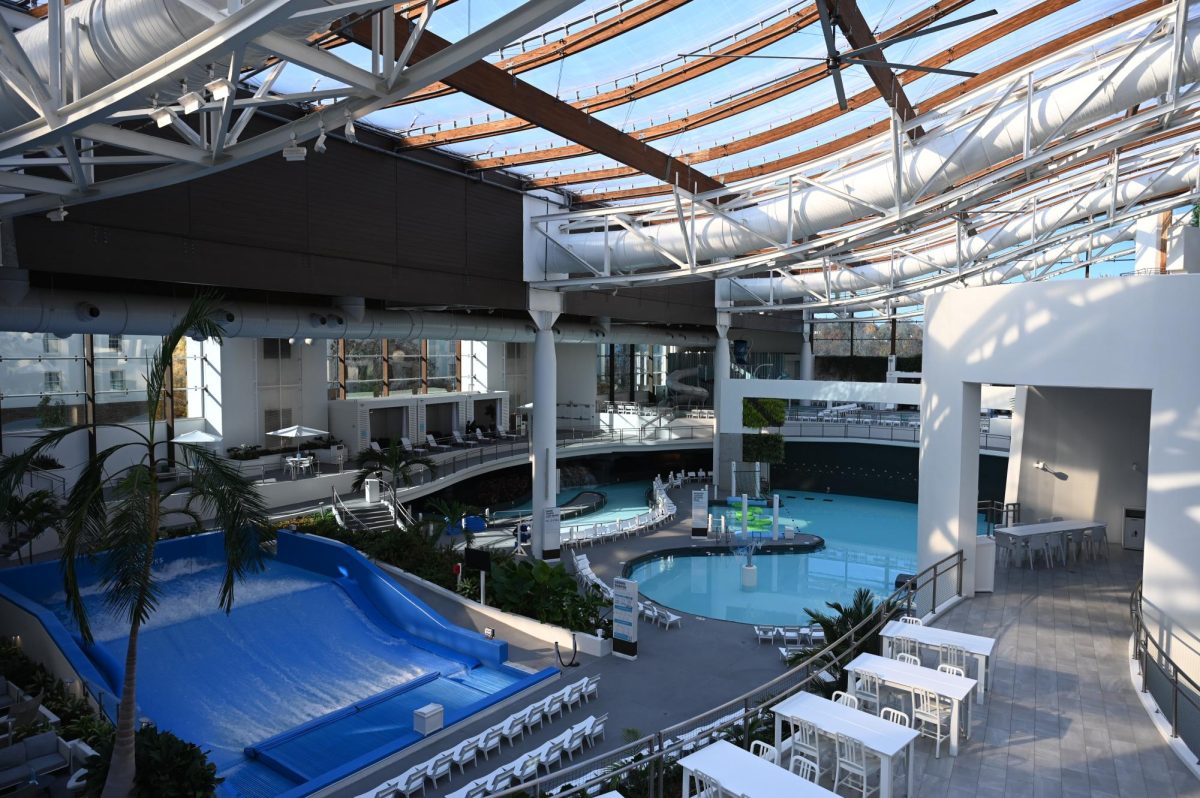
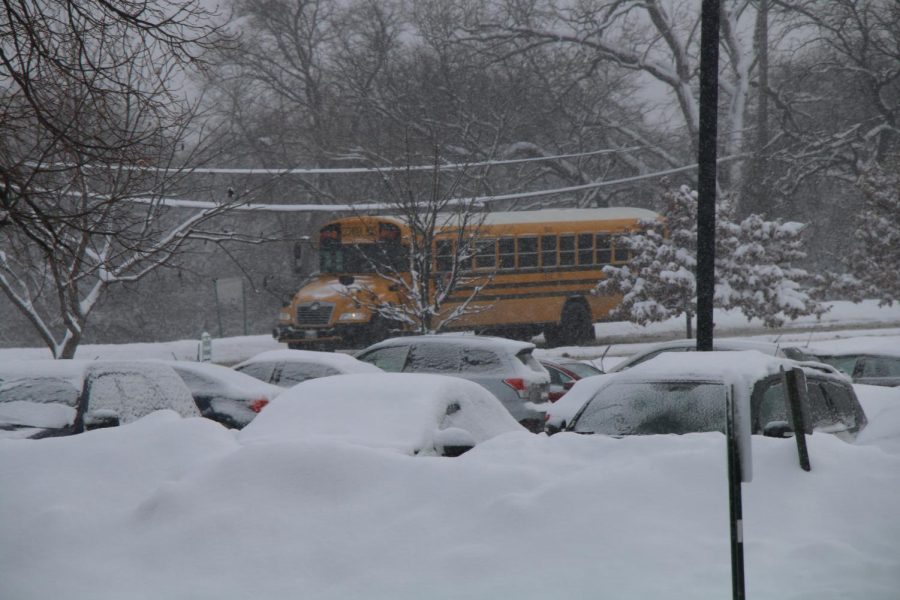

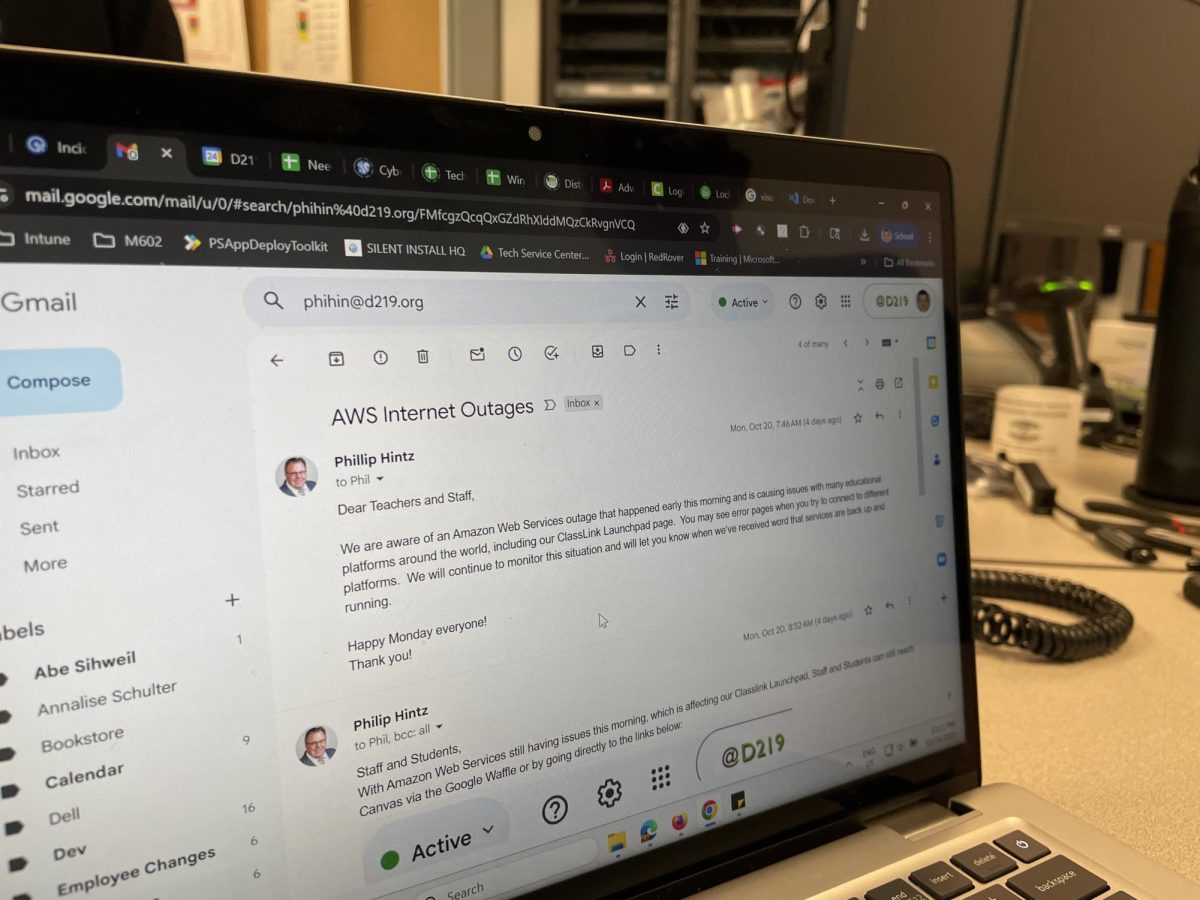
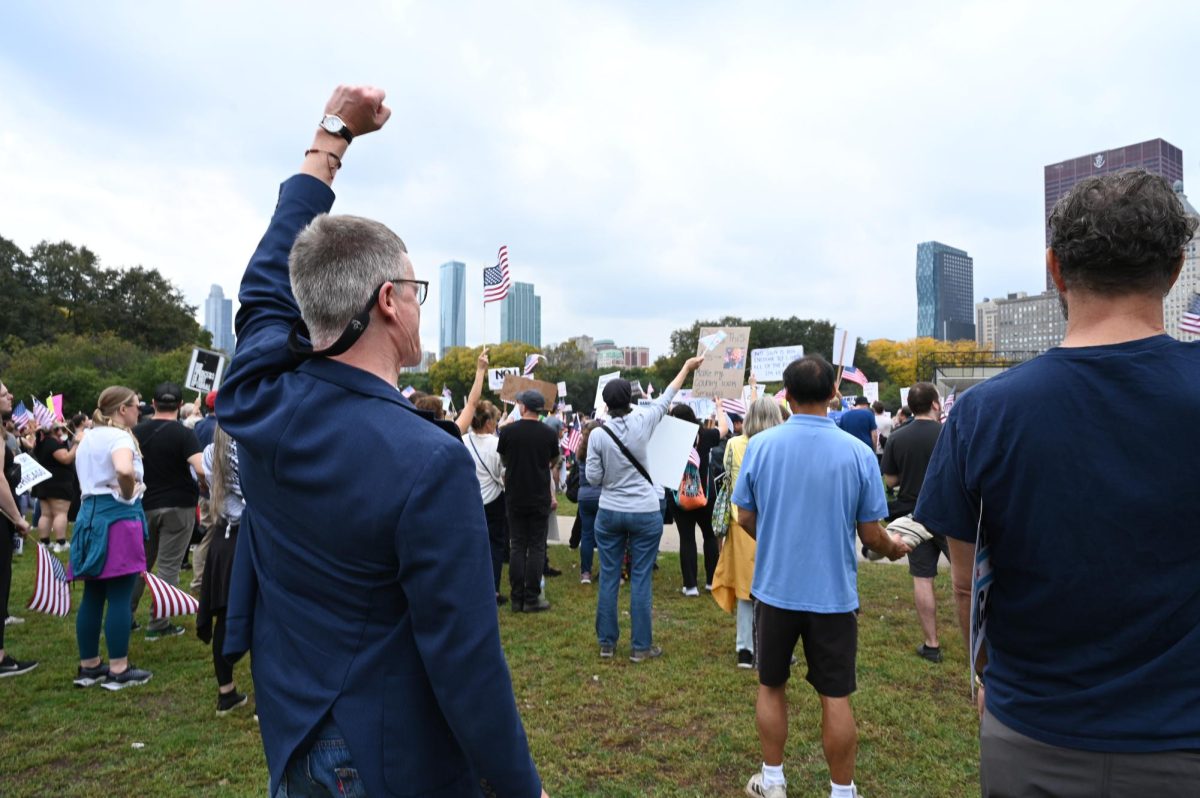
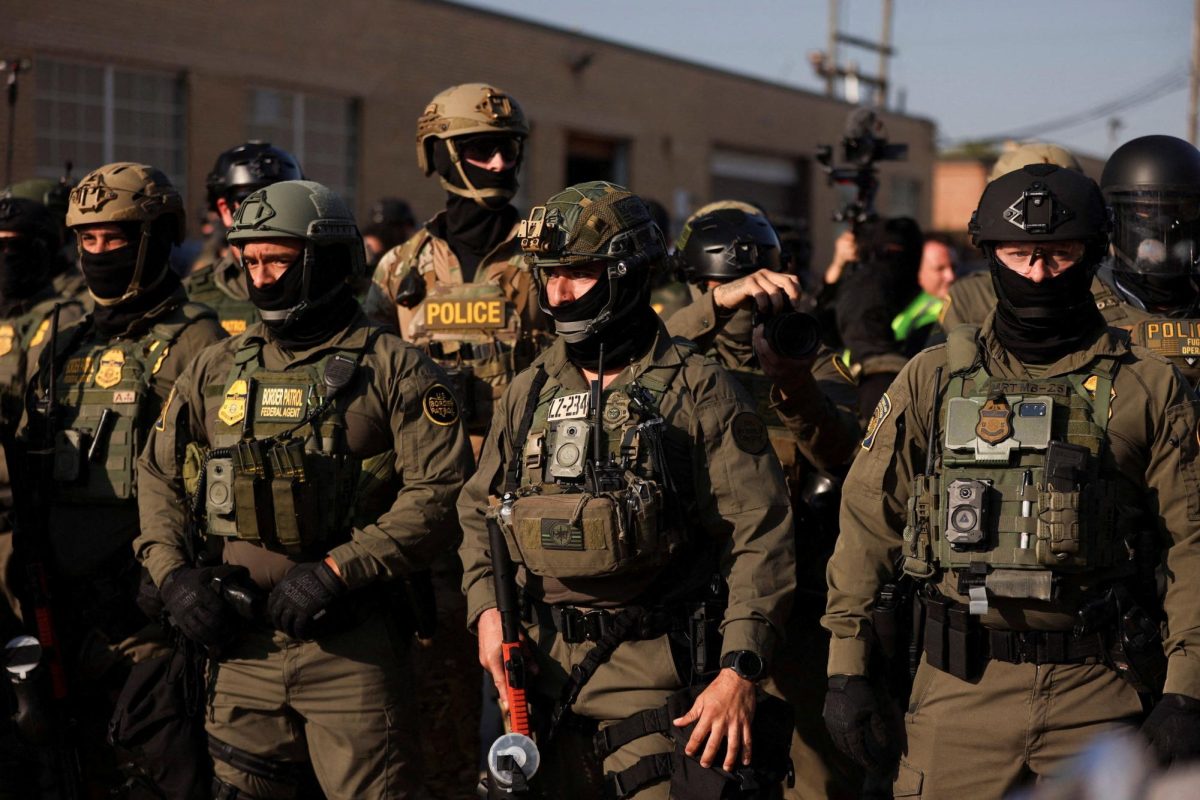
Mrs. Shirlene Baker • Sep 5, 2024 at 8:40 PM
Excellent article and genuinely good advice.